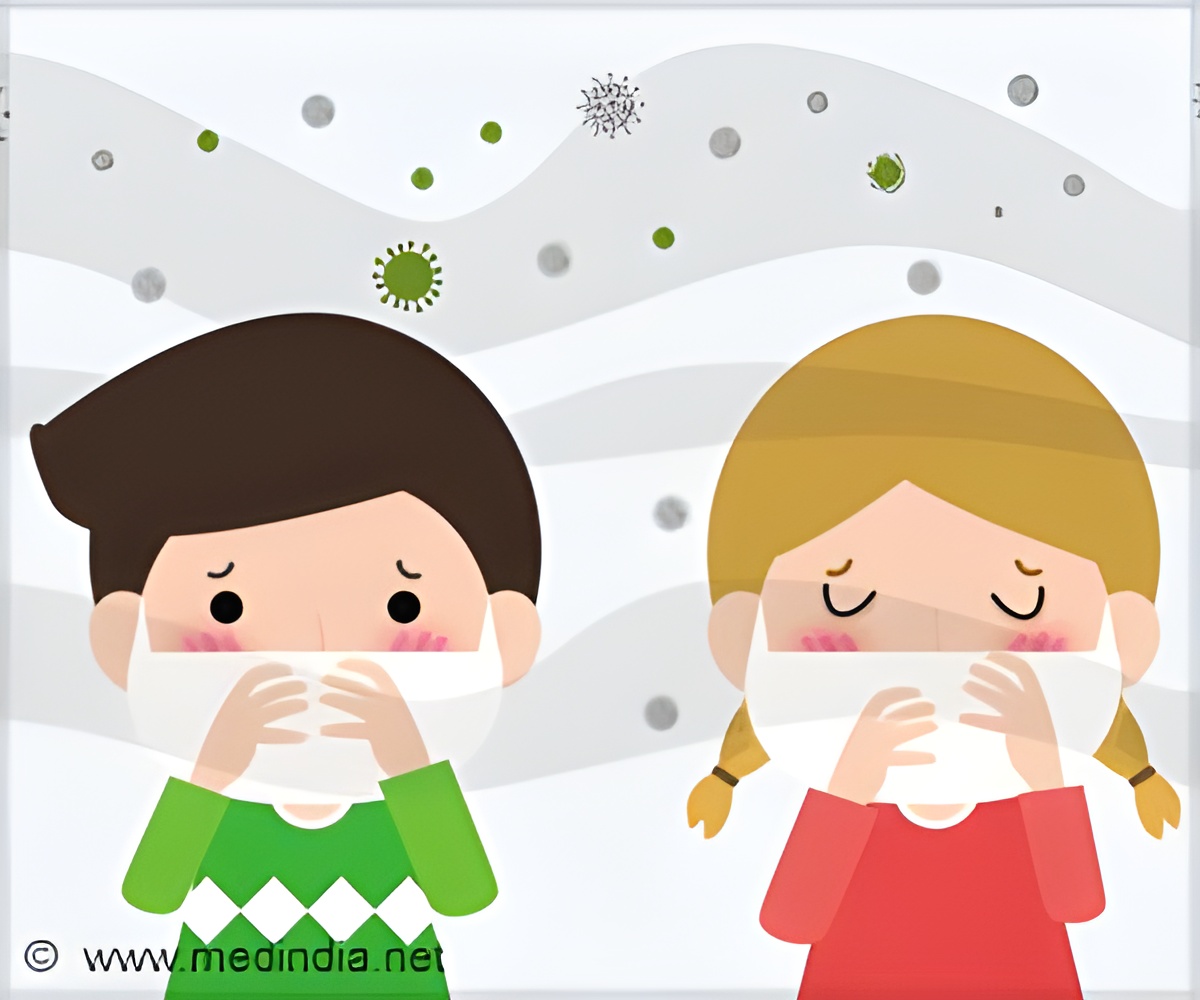Children and teens are less likely than adults to develop severe COVID-19 symptoms or die from the disease, reports a new study.

‘It is rare for young people to end up in a hospital with COVID-19 as kids and teenagers are less likely to develop severe COVID-19 or die from the disease.
’





The findings also identify new symptoms of severe inflammation syndrome that significantly increases the risk of children with Covid-19 needing intensive care. Researchers are calling for the WHO's definition of Multisystem Inflammatory Syndrome in Children (MIS-C) to be updated to help doctors identify more children with the condition and improve their treatment.
The team led by researchers from the Universities of Edinburgh and Liverpool, Imperial College London, and the Royal Hospital for Children, Glasgow, recruited 651 children and young people aged 19 years or less who had been admitted to hospital with COVID-19.
The study is led by ISARIC4C - a global group of clinicians working to prevent death from respiratory disease - and involved 138 hospitals across England, Wales, and Scotland. The ISARIC4C Covid-19 study includes two-thirds of all people admitted to hospital with the disease. The findings suggest that it is rare for young people to end up in the hospital with COVID-19. They make up less than one percent of participants in the ISARIC study.
The typical age of children hospitalized was five-years-old. Some 42 percent of patients had at least one other condition; the most common included neurological conditions and asthma.
Advertisement
Some 18 percent of hospitalized children and young people were admitted to intensive care. Experts say children most at risk of needing intensive care were those under one month old and those aged 10 to 14 years old. Similar to adults, obesity and Black ethnicity were also found to be risk factors.
Advertisement
The symptoms usually seen in those with MIS-C include conjunctivitis, a rash or gastrointestinal problems such as abdominal pain, vomiting, and diarrhea.
The study found new COVID-19 symptoms in children with MIS-C. These include headaches, tiredness, muscle aches, and a sore throat.
The study also found that the number of platelets - a component of the blood involved in clotting - was much lower in the blood of children with MIS-C than in those without the condition.
The combination of symptoms and low platelets may be important in identifying children with MIS-C who may become more unwell, experts say.
This research was funded by UK Research and Innovation (UKRI) and by the Department of Health and Social Care through the National Institute for Health Research (NIHR) as part of the UK Government's Covid-19 rapid research response.
Dr. Olivia Swann, lead author and Clinical Lecturer in Paediatric Infectious Diseases at the University of Edinburgh, said: "Researchers often want to call attention to large numbers of patients in their studies. However, we want to highlight that children made up only a fraction of a percent of all COVID-19 admissions across the UK in our study and that severe disease was rare."
Professor Calum Semple, Professor in Child Health and Outbreak Medicine and Consultant Respiratory Paediatrician at the University of Liverpool, said: "The diligent work of our colleagues working in Child Health and the NIHR Clinical Research Network across the UK has led to this report which is the largest and most detailed description of COVID-19 and MIS-C in children and young people. We have provided a new understanding of MIS-C, which will help manage this rare but serious condition, but parents can now be reassured that severe COVID-19 is very rare in children."
Dr. Louisa Pollock, Consultant in Paediatric Infectious Disease at the Royal Hospital for Children, Glasgow, said: "Parents should be reassured by this study which confirms very few children were seriously affected by COVID-19. As children return to school, and over the winter months, it is important we continue to monitor Covid-19 in children."
Professor Fiona Watt, Medical Research Council Chief Executive, said: "This is a significant study involving 138 hospitals across England, Wales and Scotland showing that children and teenagers are less likely than adults to develop severe COVID-19 or die from the disease. Indeed, the findings suggest it is rare for young people to end up in the hospital with COVID-19.
"However, while the overall risk for young people is lower, the added risks of obesity and ethnicity are shared with adults. We need to understand this, and also why a very small number of children are suffering from an inflammatory syndrome. Obviously, the goal is to ensure that everyone who develops COVID-19 has the most appropriate treatment."
Source-Eurekalert















